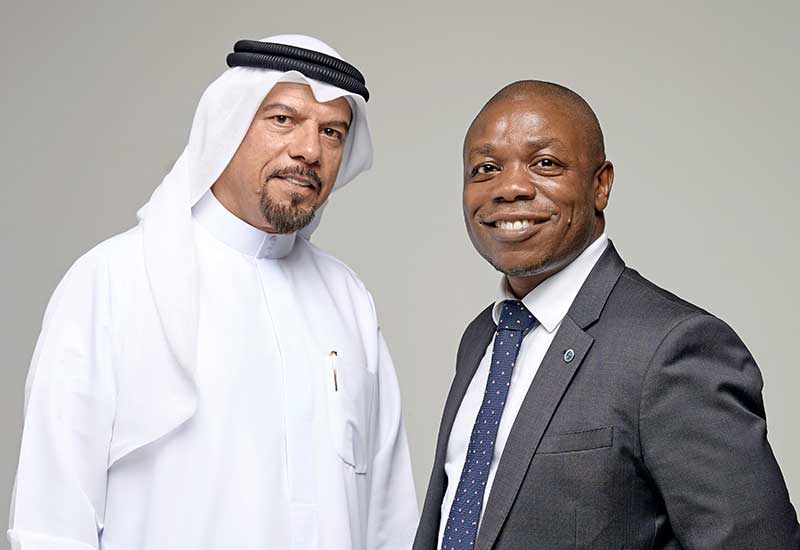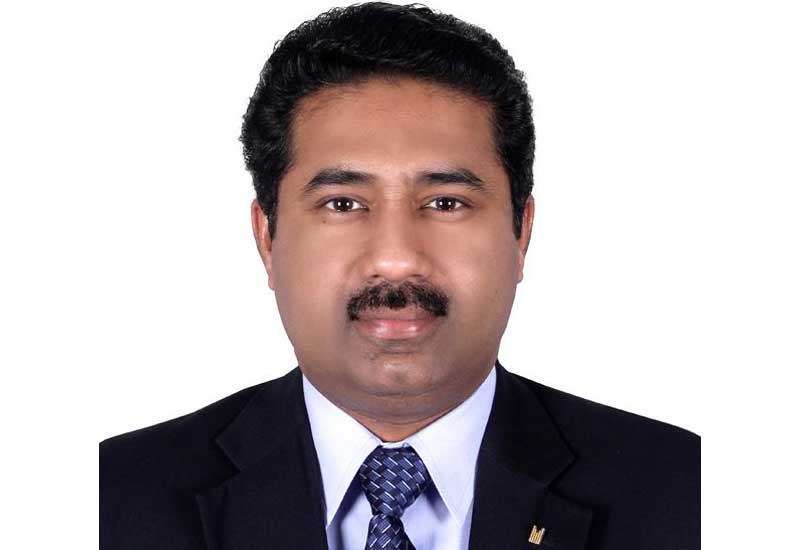The hospitality industry heavily relies on suppliers to run its day-to-day operations, which makes procurement an extremely vital function, and over the years the role of the procurement department has increased ten-fold.
Chartered Institute of Procurement & Supply (CIPS) Middle East and North Africa regional director Sam Achampong tells Hotelier Middle East that the role of procurement personnel in the hotel industry has evolved over the years and stresses on the significance of licensed practitioners in the hospitality industry.
“Procurement used to be a very transactional function previously, where handling and executing the transaction of others were the main tasks, which in effect was an administrative function. That’s where it came from. The main difference today is, it’s moving procurement from being an administrative task as it was in the 1980s and 90s to be a strategic profitable and integral part of an organisation,” he says.
Achampong elaborates: “Organisations rely on procurement to bring in more value. And it’s the companies with the best supply chain or procurement functions that thrive. Companies like Apple, if we’re talking innovation, proactively use its procurement function as a competitive differentiator. They use procurement as a tool to get their supplies the correct way and get the products at the right time and price.”
Evolving to become an integral part of the hotel industry, procurement now is a strategic function that does not consist of the “one size fits all” concept anymore, he adds. “There is no one way to do procurement, so an organisation which is going in a particular direction needs a procurement function that will support that direction. And that is what you find with mature procurement functions. It is involved in assisting organisations to grow if that’s what their strategy is.”
For many, procurement would simply refer to the department that spends the organisation’s money; however, Achampong explains how that notion has changed. “Earlier, procurement was a cost factor, a back-office function that cost would your hotel money. Typically, now procurement functions are profit-generating elements, it is a net contributor to a hotel, regardless of how much it costs the property to maintain that function.”
Another main change in procurement is technology, Achampong reveals. “Technology has made a massive change to how procurement is carried out. Typically large scale analytics or negotiations are not highly weighted now from a procurement professional as they were before.”
The transactional tier of the profession does not exist anymore; successful professionals in procurement are those who are strategically analytical and are able to think outside the box and come up with business solutions as opposed to being one-dimensional and just save money.
Achampong says: “Procurement professionals are now expected to be able to work successfully with suppliers, manage risk, protect brand value, and add value to the organisation. It’s important that people maintain good practice when carrying out procurement. Which is why CIPS members have to sign up to a code of conduct, and if people have been found to have breached it, they will lose their CIPS memberships. You are no longer recognised by us as someone who can procure ethically.”
Jumeirah Group group vice president, supply chain and logistics Mohammed Kapital Al Bastaki shares the same sentiment. He says: “Negotiating rates with suppliers is important; any company would like to acquire goods and services at the right cost. Negotiations happens within the system and we are extremely happy with the results of the system. But staff in our procurement department still carry out face-to-face negotiations because it’s part of the job and our employees need to have those skill. Even though we have the system that picks out suppliers, we still have to be clever and try to get the best deal for the company and extract much more than that depicted by the system.”

| Advertisement |










 Search our database of more than 2,700 industry companies
Search our database of more than 2,700 industry companies









